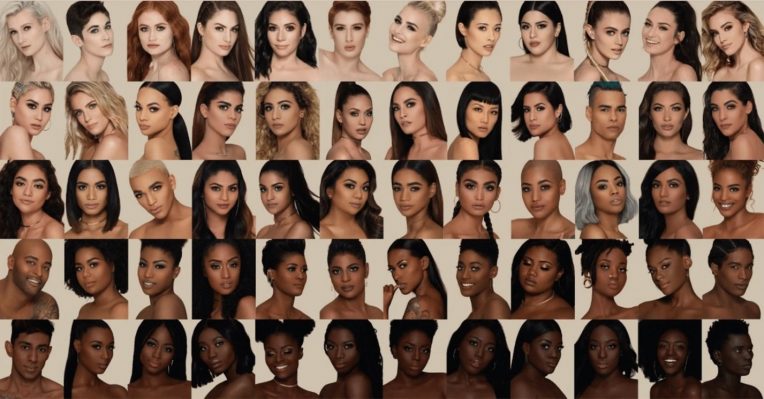Makeup is a huge part of appearance ideals, with the purpose of disguising blemishes, imperfections, or even enhancing them. Beauty Stores like Ulta and Sephora offer a variety of brands to choose from. But one of the biggest challenges in the makeup industry is providing everyone with equal access in buying their perfect shade. Lots of makeup brands include a limited number of shades that focus on people with lighter skin tones thus neglecting the experience for people with darker skin tones.
Foundation is one of the highly talked about products where diversity is lacking. Brands like YSL, BeautyBlender, and Tarte have been called out for the lack of darker shades. Brands like these only have a select number of shades or carry “light, medium and dark” shades to choose from. On the flip side, competitor brands like Fenty Beauty came out with 40 shades, and Huda Beauty came out with 30 shades. These companies saw the struggle for many people who feel they aren’t included in current makeup products and created products so that buyers would have no difficulty choosing the right shade. Fenty and Huda beauty are just the start of promoting more diversity in makeup.
Understanding the idea of how makeup plays into appearance ideals and how to change to support everyone is very important. While makeup companies ultimately profit from the appearance ideal of smooth, blemish-free skin, it is also important to make sure that all individuals who want a product to match their skin tone have equal access.
Illinois State University Student Counseling Services offers workshops to address the impact of appearance ideals and diversity within body image. These programs include The Body Project/More Than Muscles and The Female Athlete Body Project, all peer-led programs that include engaging dialogue and opportunities for activism to promote a body-inclusive campus culture.

